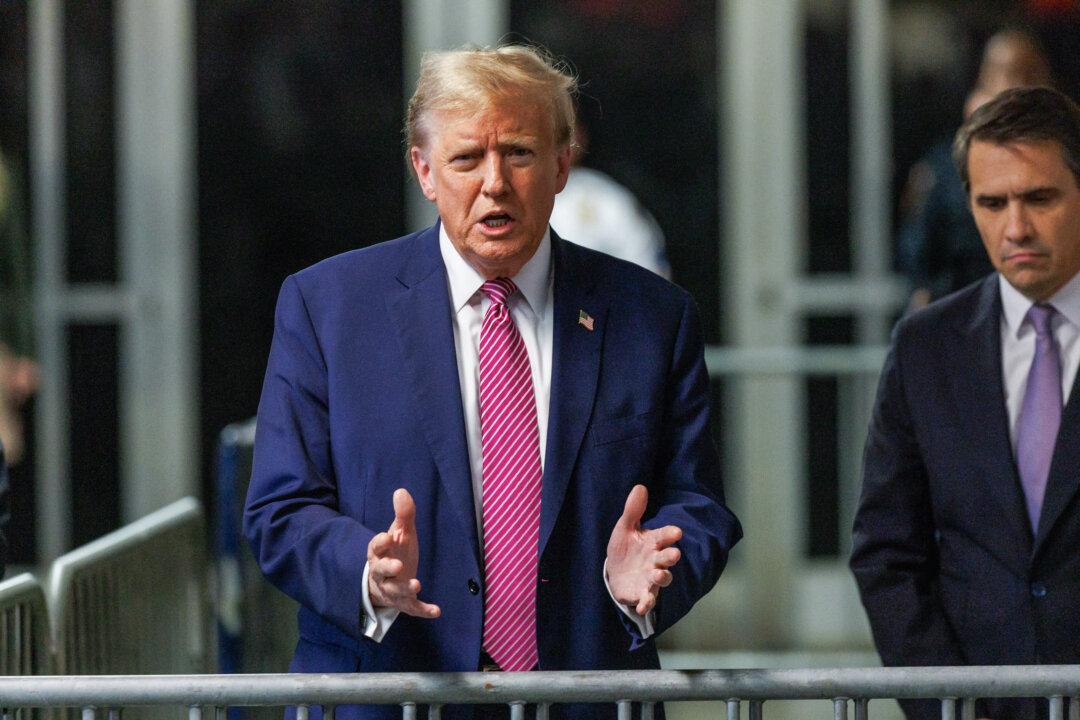The Supreme Court, in its upcoming immunity case filed by former President Donald Trump, may rule to send the case back to the district court in Washington, allowing him to further delay proceedings as desired, according to experts.
April 25 is the date the justices set for oral arguments over President Trump’s claims of immunity from prosecution under the indictment brought by special counsel Jack Smith in Washington. It’s unclear how the justices will rule, but a decision, expected in June, will alter the course of the former president’s case and potentially complicate his others as well.





